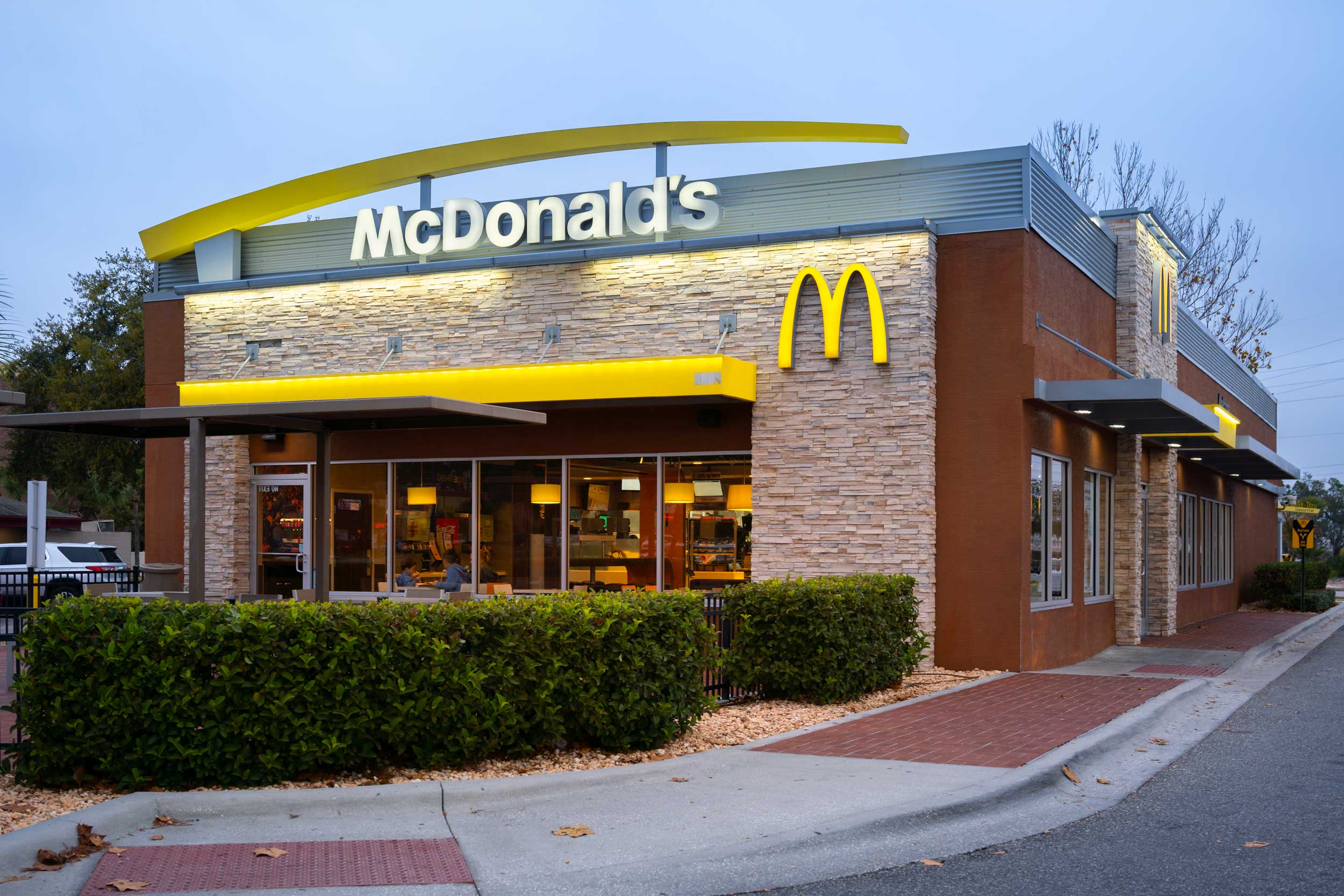When E. coli bacteria lurking in their Quarter Pounder hamburgers struck down McDonald’s customers this week, the company immediately pulled the product off menus, released statements addressing the problem and made executives available to the media.
Those steps are exactly what the company needed to take to overcome the possible loss of reputation, trust and customers, according to University of Virginia experts. But it’s equally important to communicate with employees to maintain trust.

Marcia Pentz, an associate professor of commerce with the McIntire School of Commerce, says companies need to explain situations clearly to reduce customer uncertainty. (Contributed photo)
“You’ve already seen the impact on the firm’s stock price. How long the crisis continues can also determine the extent of any potential negative impact on reputation, brand and business,” said Marcia Pentz, an associate professor of commerce with the McIntire School of Commerce. “With a firm such as McDonald’s that is woven into the daily fabric of millions of customers’ lives, the need for the firm to explain its situation clearly to reduce uncertainty in customers’ minds is vital.”
“We’ve heard the adage, ‘You don’t want your employees reading about it in The Wall Street Journal before they’ve heard from the company,’” Steve Soltis, professor at the Darden School of Business, said. Soltis’ communications firm has worked with CEOs from McDonald’s, YUM! Brands, Coca-Cola and UPS among others
“You have to make sure that your employees are aware of the situation, that the company is taking corrective actions, and the continuity of the business is going to be secured,” he said. “If you don’t build up a sense of trust within the organization, you’re going to have terrible morale and people outside will sense it. That leads to a real doom loop.”
On Tuesday, the Food and Drug Administration and the Centers for Disease Control and Prevention opened an investigation into an outbreak of E. coli that sickened 49 people in 10 Western states, killing a Colorado man and hospitalizing 10 people. More than half of the cases were reported in Colorado.

Steve Soltis, a professor at the Darden School of Business, says companies can’t hope for a quick news cycle to resolve problems, but must follow through to build trust and confidence in customers and employees. (Contributed photo)
The FDA said it is looking at both slivered onions and the beef patties as potential sources of contamination. McDonald’s immediately pulled the sandwich off its menu pending the investigation’s outcome.
Pentz, who teaches management communication at the McIntire School, said addressing a crisis means management must react quickly to regain public trust. “Having a crisis plan or team in place allows a firm to respond calmly and take responsible action, even as details are still coming to light,” Pentz said. “No firm controls a crisis, of course, but it can be a trusted source of information and a true partner in a quickly evolving narrative.”
How long it takes before customers feel comfortable ordering a Quarter Pounder depends on a variety of factors.










